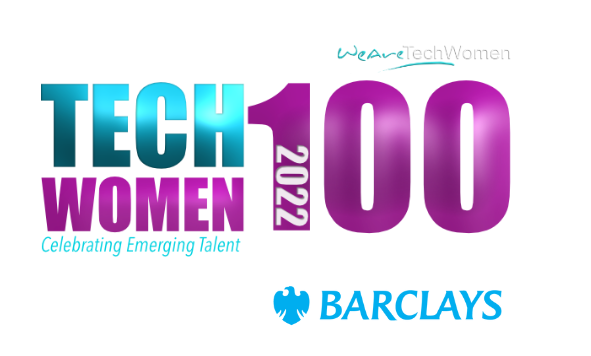Equality and equity are two important concepts in fairness and justice. But what do they mean, and how are they different?
Equality is the state of being equal, especially in status, rights, and opportunities. It means that everyone should be treated the same, regardless of their race, gender, ethnicity, religion, sexual orientation, or any other factor.
Equity is the quality of being fair and impartial. It recognises that not everyone starts from the same place, and that some people may need additional support or resources in order to achieve equality of opportunity.
Here is a simple analogy to help illustrate the difference between equality and equity:
Imagine a race between two children of different heights. If the race is fair, both children should start at the same line. This is equality. But if the taller child starts at the finish line, while the shorter child starts at the starting line, the race is not fair. This is because the taller child has a significant advantage.
In order to make the race more equitable, we could give the shorter child a head start. This would give them a better chance of winning, even though they are not as tall as the other child.
In the real world, equity often means providing different resources or opportunities to different people, depending on their needs. For example, an equitable education system might provide additional support to students from low-income families or students with disabilities.
Here are some examples of equity in action:
- Companies providing unconscious bias training to their employees. This training helps employees identify and eliminate their biases in the hiring and promotion process. This can lead to a more equitable workplace where everyone has the same opportunity to succeed, regardless of their race, gender, or other background factors.
- Schools providing extra tutoring and support to students who are struggling academically. This can help to ensure that all students have an equal opportunity to learn and succeed. For example, a school might provide after-school tutoring to students from low-income families or students with disabilities.
- Governments providing financial assistance to low-income families. This can help to ensure that all families have access to the essential resources they need, such as food and housing. For example, a government might provide food stamps or Section 8 housing vouchers to low-income families.
- Community organisations providing job training and placement services to people who are unemployed or underemployed. This can help to ensure that everyone has the opportunity to find a good job and support their families. For example, a community organisation might provide job training programs for people with disabilities or people who have been recently released from prison.
- Businesses providing accessible products and services to people with disabilities. This can help to ensure that people with disabilities have the same opportunities as everyone else to participate in society. For example, a business might provide ramps and accessible restrooms for people with disabilities, or they might offer sign language interpretation for their services.
Equity is not about creating a society where everyone is exactly the same. Instead, it is about creating a society where everyone has the same opportunity to succeed, regardless of their background or circumstances.
Following on from that, here are some examples of tangible ROI results based on having an equitable policy in place:
- A study by McKinsey & Company found that companies with more diverse workforces are more likely to outperform their peers financially.
- A study by the Boston Consulting Group found that companies with more inclusive cultures are more likely to innovate and grow.
- A study by the World Bank found that every additional year of schooling for girls increases a country’s GDP by 0.3%.
- A study by the International Labour Organization found that investing in job training for young people can generate a return on investment of up to 20 to 40 times the cost of the program.
- A study by the National Bureau of Economic Research found that providing food stamps to low-income families can increase their children’s educational attainment by up to 1.5 years.
These are just a few examples. There are many other studies that have shown the positive benefits of equity, both for individuals and for society as a whole.
Why is equity important?
Equity is important because it is the foundation for a just and fair society. When everyone has the same opportunity to succeed, we all benefit.
Equity is also important for economic prosperity. When everyone has the opportunity to reach their full potential, the economy as a whole grows stronger.
How can we achieve equity?
There are many things that we can do to achieve equity. Here are a few examples:
- We can challenge our own biases and assumptions.
- We can support policies and programs that promote equity.
- We can speak out against injustice and discrimination.
- We can create opportunities for people from all backgrounds to succeed.
Achieving equity is not easy, but it is essential for creating a better world for everyone.
Visit our website to find out about the programs we offer: https://www.netwomen.us/



